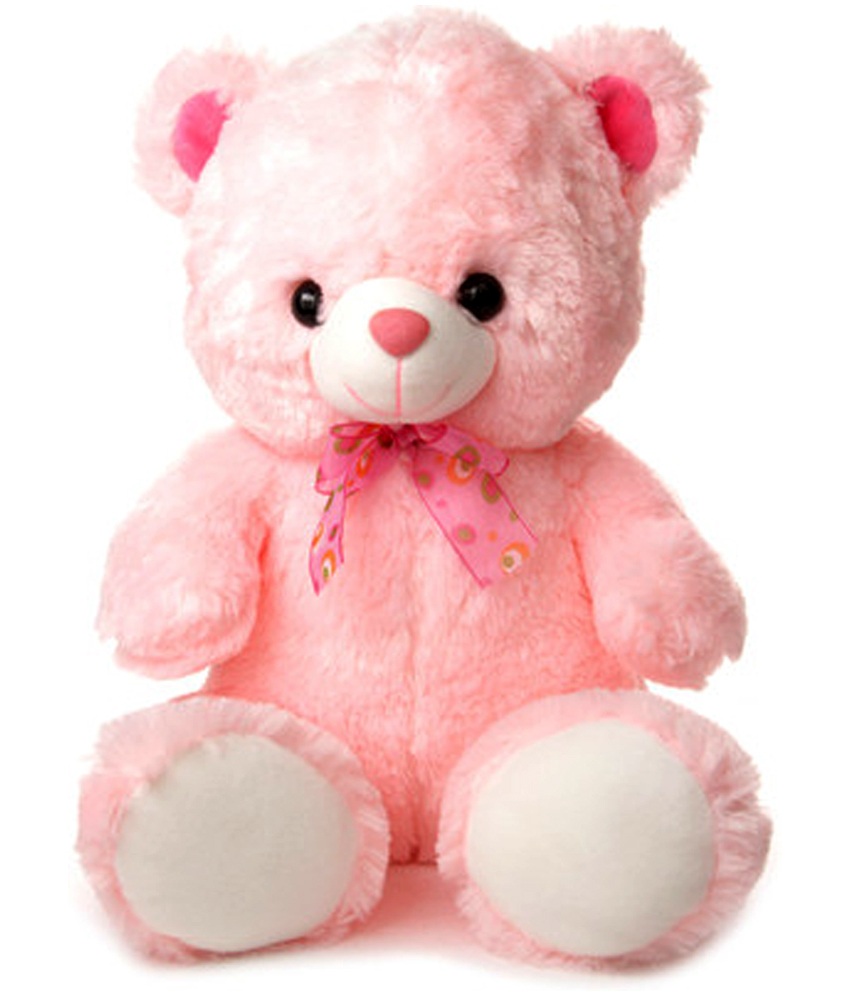The media is constantly bombarding us with images: billboards, commercials, films, sitcoms- all of which have a huge impact on the way we think, feel and talk about society. Among the millions of messages the mainstream media sends us every day- a particularly damaging one is of the representation of gender roles. Regressive, damaging stereotypes are reinforced through age-old and grossly sexist representations of men and women. Today, we look at a TV commercial by dairy giant Amul. The Amul we have all grown up to love and admire – not just for their products, but for their innovative, light hearted yet socially relevant communication. Sadly, the ad under review today is not one that falls under that description. Here’s a link to the video, ironically titled “Pyara bandhan”.
In the commercial under Amul’s Har Ghar Amul Ghar campaign, as you will see, a little girl is seen excitedly preparing for the arrival of her new sibling, placing two things in the new baby’s crib- a Barbie doll and a stuffed teddy bear. Her parents come home with a baby boy, and placing the baby in his crib, the father removes the toys, saying “Arre, bhai isse thodi khelega” (your brother won’t play with this)- replacing the dolls with a Spiderman.
Seeing his daughter visibly disappointed, he goes up to her with a glass of milk, and asks her what’s wrong. She replies saying since a boy isn’t going to play with dolls, she will have no one to play with. The ad then cuts to the father and daughter walking past her dolls’ dresses hanging on a clothes line, and he then remedies the situation by teaching her how to play cricket.
According to the Managing Director of the Gujarat Cooperative Milk Marketing Federation, this “is a slice of life film which happens in every home”, and it does not “promote any gender bias”.
I wonder why Amul chose to focus on the misogyny rampant across Indian homes, when it could have used this as an opportunity to subvert the dominant culture that tells little girls they aren’t as important as their brothers, that tells little girls their brothers deserve the bigger glass of milk, that tells little girls that they need to sit, walk, talk in a certain way, while “boys will be boys”.
Instead, it chose to show us that boys can’t play with “girls’ toys” (especially when a teddy bear is identified as a “girl” thing because of years and years of patriarchal gendering and conditioning in the first place.), but it’s okay for girls to play cricket (only till they grow older and are made to conform to traditional gender roles, of course). Obviously because anything related to femininity is to be ridiculed, isn’t worthy of being done by a “man”, while a girl doing a thing which traditionally only boys do, makes her head and shoulders above and “stronger” than other girls – something obviously to be aspired to.
Now don’t get me wrong, girls playing cricket is great and I wish more girls played not only cricket, but also other sports, but I want to see an ad where a boy is playing with dolls. Where a boy is wearing pink, where both brother and sister are playing dress up. I want to see an ad where a man is in the kitchen, where a man is using a washing machine (not explaining its functioning to a woman), where a husband/ brother is buying sanitary napkins.
It is a known fact that Indian advertising is aimed towards the middle/upper middle class, upper caste consumer, and these are the families we get to see on TV.Is it too much to ask for though, that ads stop selling us regressive gender roles under the guise of advertising milk? That they stop telling us what boys and girls can or cannot do? Amul, you’ve got it spectacularly wrong. So, maybe next time, don’t reinforce the social constructs of “manliness” and “womanliness”, and let both the baby boy and girl play with the doll- it might just do them more good than drinking that glass of milk.
This piece is part of Conditioning is for hair, not minds, a new series in collaboration with The Spoilt Modern Indian Woman to call out stereotypes and conditioning around gender roles.
Shamolie is a foodie and a feminist who finally worked up the courage to start writing! Through her blog, she hopes to make people question beliefs they’ve long taken for granted, and view the world from a different perspective. She blogs at https://bicyclewithoutafish.wordpress.com/







[…] Disclaimer: This post is part of ‘Conditioning is for Hair, Not Minds’ – a series in collaboration with The Spoilt Modern Indian Woman. It has also been published on Unboxed Writers here. […]